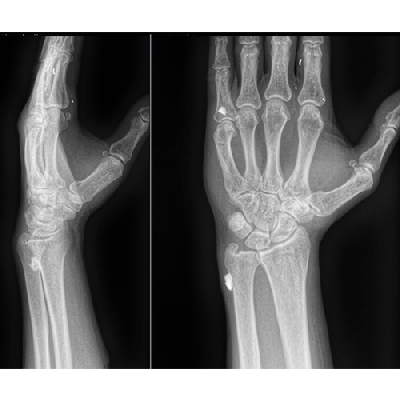Radiologists From Ukraine Share Their Stories
Struggles and successes as radiologists overcome extraordinary challenges to save lives
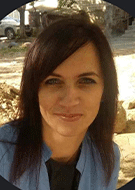
Gusar
This is one of a series of stories for RSNA News provided by radiologists working in Ukraine. The story is posted as written and the opinions of the authors are their own.
Hello from Ukraine! My name is Oksana. I am a radiologist from Ukraine working in Vinnystіa city which is in west-central Ukraine, located on the banks of the Southern Bug.
As a radiologist, my first wish was to go to the front as a military medic and sign a contract in the first days of the Russian intrusion. But I was stopped by my small children and the conviction of the military that if I stay at my workplace, I will do no less service to the needy and benefit my country. They were correct.
All my colleagues are still working at their own working places. Nobody left the country, only some doctors went to the army.
We are not a military hospital, but unfortunately, the number of wounded soldiers is currently so large that military medicine cannot cope with them and numerous civilian hospitals take over the treatment of wounded soldiers. Therefore, among ordinary civilian patients, we examine and treat wounded military personnel. In our hospital, these are mainly acubarotraumas, burns, gunshot wounds of the maxillofacial area, chest, abdominal organs, and of course most of all the trauma extremities.
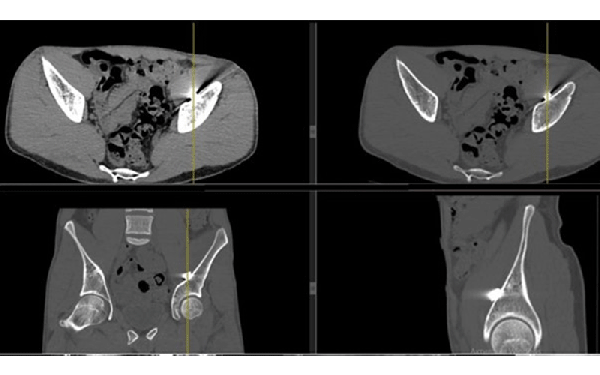
From the first days we started to provide assistance to wounded civilians and the military from different parts of our country. Our work is to diagnose various injuries of the chest, abdomen, skull, pelvis and especially the limbs. We help thoracic, abdominal and facial surgeons, ophthalmologists, and especially orthopaedists in preoperative and postoperative stages of the treatment.
One of our tasks, as radiologists, has been to find foreign bodies in the people’s arms, legs, abdomen and thoracic wall with help of radiography or ultrasound. We also help in finding traumatic injuries to internal organs. Despite the lack of new equipment, we try to help all our patients as much as possible. Psychological support of patients is also important in our work, which I am doing.
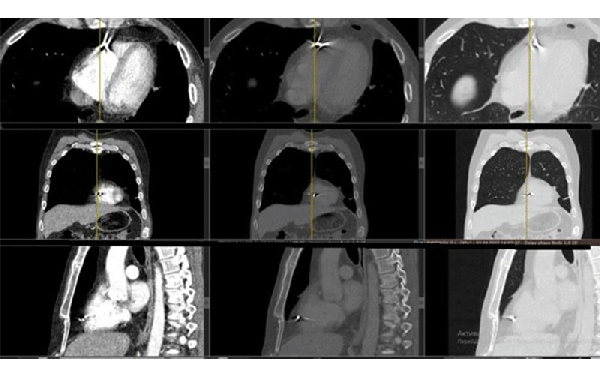
There is a lot of work, it is difficult, but the greatest difficulties are not caused by the diagnostic process, but by the lack of high-quality equipment and a hospital-wide data storage network.
Most examinations of the wounded are carried out in the wards due to the severity of the patients' condition, and X-rays are taken with the help of traditional non-digital machines. We are still waiting for the state CT scan in the hospital, we have only private near the hospital. The MRI machine (0.75 T) has been in use for more than 20 years. Among five stationary X-ray machines, only two are digital, and those without remote access to data for control, comparison. Of the eight ward X-ray machines, only one is digital. Our American colleagues presented it to our hospital. In some departments and operating theaters, there is no US equipment and C-arches for controlling operation procedures.
It is very difficult to function at work, to see so many crippled people. Numerous displaced persons who have lost their homes and relatives come to us for examination. It is very difficult to find words of support to comfort them.
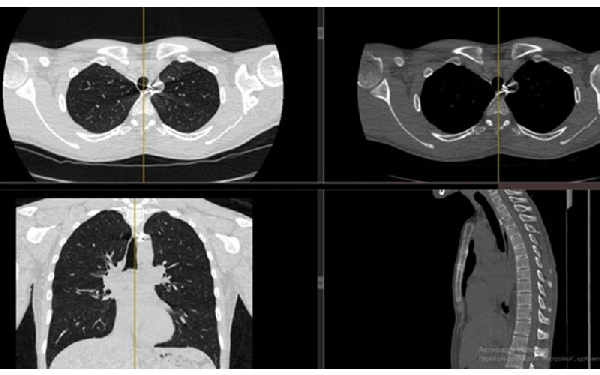
But I am very lucky, when I come home from work, I see a lot of support from family and friends, because thanks to the soldiers at the front, we have a warm home, we have something to eat and a place to sleep, and relative peace above our heads. That is why I thank every soldier every day for this, and that is why I do my work with faith and hope for a quick victory.
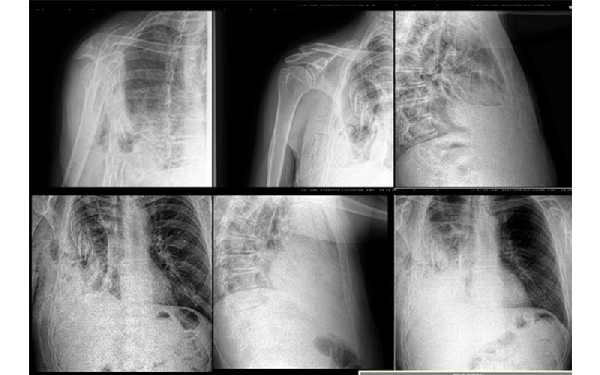
Despite these difficulties, we still continue to help our wounded soldiers, accumulating all our strength and energy to achieve the common goal-victory!
I greatly appreciate people from all over the world and for all international medical organizations, who have shown sympathy and support in the way they can. Warm words of support, free access to educational materials, humanitarian aid with medicines, equipment, the most modern weapons, money—these are all things without which we would not be able to stand against the enemy on our own.
